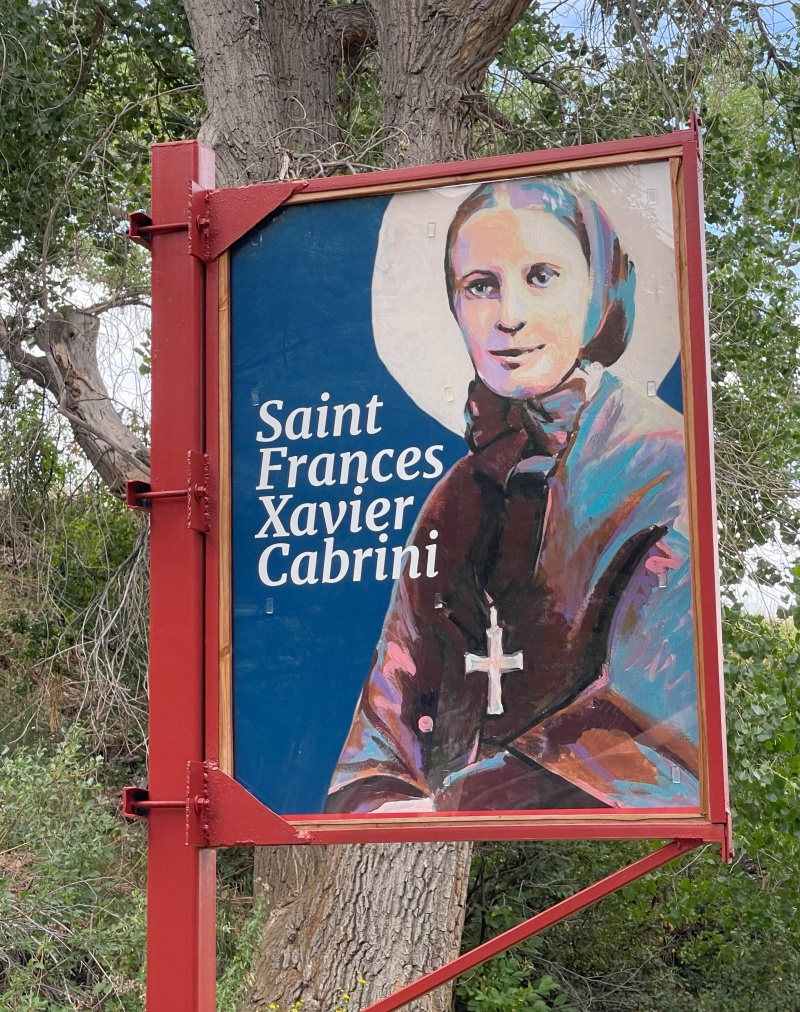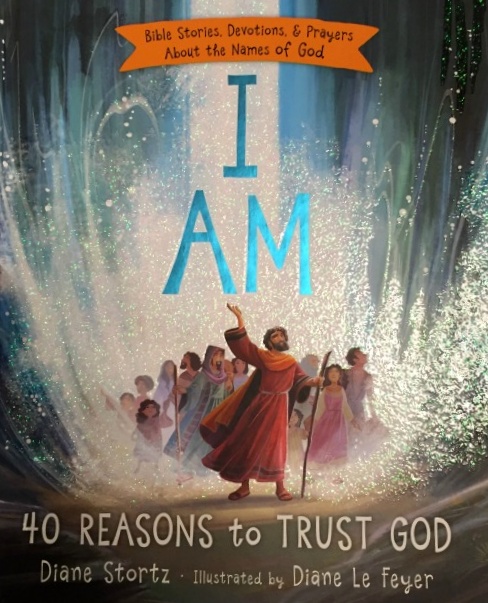Metaphors: Who Do You Say I Am?
August 11, 2024Howard Haworth, Vice President Ministry Operations at Pro Athletes Outreach, presented today's message, "Metaphors: Who Do You Say I Am?" Here's a video of the message.
A Commercial Interruption... Simchat Essays! A little celebration on my part for this the 3rd anniversary of writing Torah essays every week. It's a little play on Simchat Torah (שִׂמְחַת תּוֹרָה) which is celebrated each year in synagogues to mark the completion of the annual reading of the Torah. A 1/54 portion, a parsha, of the Torah is read roughly each week. Now, back to our regular programming...
I liked Haworth's statement, "It's not till you dig on your own that your faith takes shape" (or close to that). He also addressed the why of Jesus asking, "who do you say I am?" That is, for you personally to state who Jesus is. I'm not sure if Haworth used the word "state" or not, but as I got into this a little, I think "state" is more on the right track. Let's "nerd out" on that, shall we...
The Greek word used in Matthew 16:15 for "say" is legete (λέγετε) from the root lego (λέγω). It's most often translated as "say", but in a few instances is translated here as "consider" or "pronounce." It strikes me as more than just "say." More like "declare." Because the word for "I" (Jesus) is really "me" (accusative case, not known in English), it would be literally "whom do you pronounce me to be." Again, it seems to carry a much stronger meaning than simply "say."
To take this one step farther, and is something of a leap for which I don't really have "proof," Jesus could be saying, "whom do you declare me to be to others."
By the way, you can do this kind of "nerding out" on words yourself using free online tools. I typically use two: biblehub.com and biblegateway.com.
Biblehub.com offers interlinear views of all passages of the Bible (OT Hebrew and NT Greek). Interlinear means that you see the English alongside the Hebrew or Greek alongside a transliteration (what the original sounds like spelled out in English alphabet sounds). It also hooks each word to information from Strong's Concordance which contains all manner of info: original/root word, part of speech, spelling, definition, and usages. It also lists many of the locations in the Bible where the word is used. And, often very helpful to me, all the ways it's translated throughout the Bible and how many times for each. For example, for the Greek word for "say" (lego) shows this list: addressing (1), agree (1), ask (1), asked (3), asking (4), bring charges (1), call (8), called (34), calling (1), calls (3), claimed (1), claiming (2), command (3), designated (1), follows (1), give (1), gives (1), greeted (1), made (1), mean (2), means (3), meant (1), mention (1), named (3), ordered (2), quote (1), referred (1), remarking (1), said (1086), say (364), saying (440), says (102), shouting (1), so-called (3), speak (22), speaking (17), speaks (6), spoke (18), spoken (26), stated (1), stating (2), talking (5), tell (71), telling (18), thing spoken (1), things spoken (1), thought (1), told (35), using (1). The number in parentheses is the number of times "say" is translated that way. Cool, eh?!
BibleGateway.com offers about 63 translations of the Bible. You can plug in a given passage and see how 63 different translations translate it into English. For example, Young's Literal Translation translates Matthew 16:15 as "He saith to them, 'And ye - who do ye say me to be?'" This is, in fact, the closest to literal out of the 63 translations.
Lego, the Greek root for "say" in this passage, is also the root for logos, "word" (e.g. "In the beginning was the word," John 1:1, used three times in the one verse). The original meaning of lego was "lay down to sleep" leading to "laying an argument to rest" or in some sense "bringing something to closure." You might say, "Is that your final answer?!"
I can't hear the phrase "I am" without thinking of the Burning Bush and God calling himself "I am." For a brief discussion of that Exodus 3:14 use of "I am," see "God's name" (on this website).
Bonus
 Mother Cabrini Shrine on Lookout Mt.
Mother Cabrini Shrine on Lookout Mt.Back in March, we saw the movie Cabrini. Superb film about Saint Frances Xavier Cabrini, the first U.S. citizen to be canonized as a saint by the Catholic Church on July 7, 1946. As Prager often says, it takes an outlier to do great good. She was definitely an outlier. She was courageous and focused on her mission like very few people ever are. The IMDB entry for the movie is here.
For more about her life and work, go to this page on her national shrine website: Timeline and Her Life's Work.
Last week we spent a few vacation days in Golden, CO. Our first outing was to Lookout Mountain which is just west of Denver along I-70 as you climb up into the Rocky Mountains. Our target was the Buffalo Bill Museum, but we also stumbled onto a couple other places while up there: the Boettcher Mansion and the Mother Cabrini Shrine (about 20 minutes from Golden).
If you haven't seen the movie, you should. And when you know something about the story, you'll want to visit this shrine. There's a lot there: chapel, museum, grotto, meditation walk, gardens, and more, plus the obligatory gift shop. Hers is a fascinating story. It was fun to see some of the real pieces of her remarkable story. Here are my photos at the Shrine.
Check out this webpage about the differences between the movie and her real life.
She was a feisty one, not willing to compromise her convictions, particularly when it came to caring for the orphans.
Bonus2
Old Testament Names for God
This list could also be used as a list of attributes for God. They came from a book, I Am: 40 Reasons to Trust God, by Diane Stortz. Readable by some of the younger set; or read it to them as bedtime stories, 3-5 pages per name. The book also includes another 22 New Testament names for God (some of which are repeats from the OT).
Elohim, אֱלהִים, Genesis 1:1, Creator God
El Emeth, אֵ֣לאֱמֶֽת, Isaiah 65:16, God of Truth
El Shaddai, אֵ֣לשַׁדַּ֔י, Genesis 17:1, God All-Powerful
Jehovah Shammah, אֵ֣ל שָֽׁמָּה, Ezekiel 48:35, The Lord is Here
Jehovah Tsuri, צוּרִי֮, Psalm 28:1, The Lord My Rock
(Jehovah) ey-yeh, אֶֽהְיֶ֖ה, Exodus 3:14, I Am
El Moshaah, אֵ֣ל לְֽמוֹשָׁ֫ע֥וֹת, Psalm 68:20, God Who Saves
Jehovah Jireh, יִרְאֶ֑ה, Genesis 22:14, The Lord Will Provide
Kadosh, קָדֽוֹשׁ, Isaiah 40:25, Holy One
Jehovah Nissi, נִסִּֽי, Exodus 17:15, The Lord My Banner
Jehovah Shalom, שָׁל֑וֹם, Judges 6:24, The Lord is Peace
El Kanna, אֵ֣ל קַנָּ֖א, Exodus 34:14, Jealous God
Jehovah Roi, רֹ֝עִ֗י, Psalm 23:1, The Lord My Shepherd
Jehovah Uzzi, עֻזִּ֥י, Psalm 28:7, The Lord My Strength
Jehovah Ori, אוֹרִ֣י, Psalm 27:1, The Lord My Light
Jehovah Rophe, רֹפְאֶֽךָ, Exodus 15:26, The Lord Who Heals
Jehovah Sabaoth, צְבָא֑וֹת, Psalm 24:10, The Lord of Heaven's Armies ("Hosts")
Jehovah Magen, וּמָגִנֵּ֣נוּ, Psalm 33:20, The Lord My Shield

I picked up this book at the Mother Cabrini Shrine's gift shop.